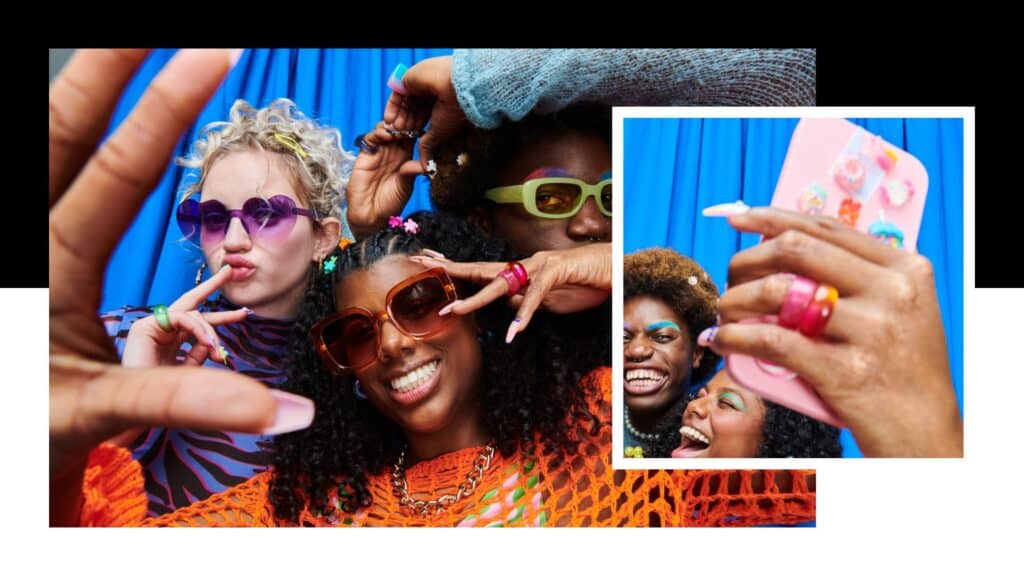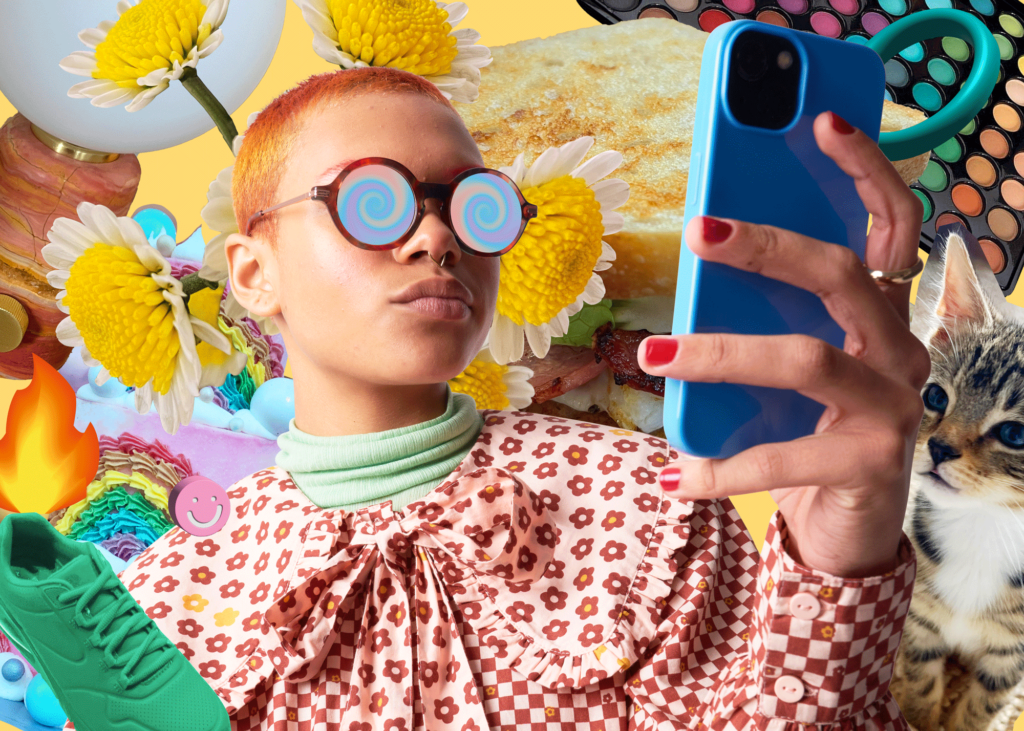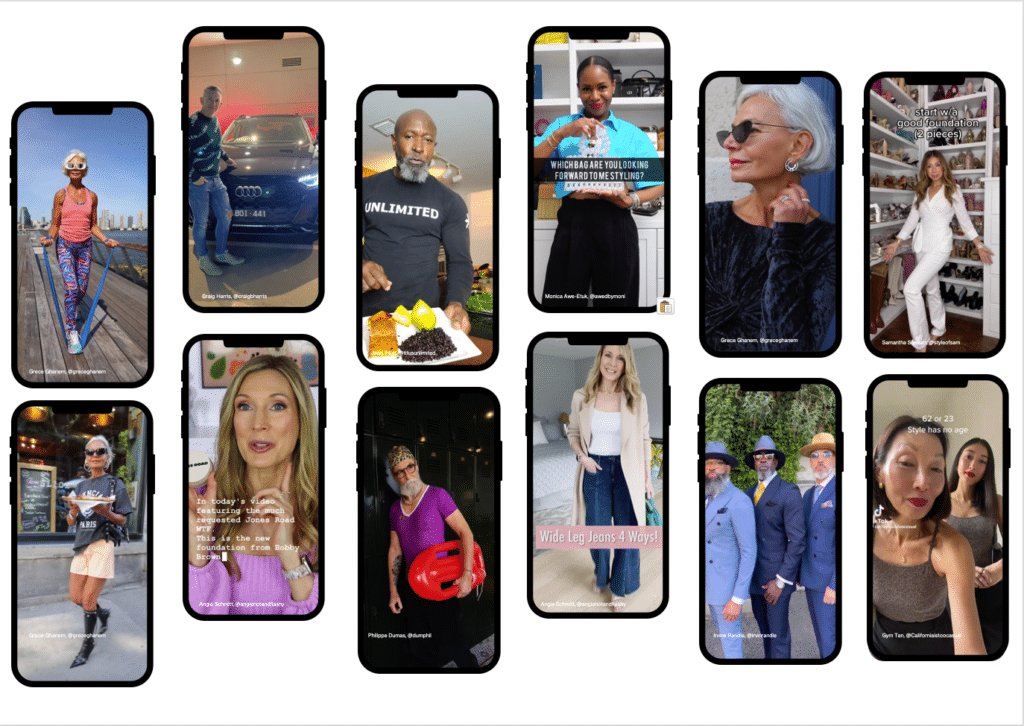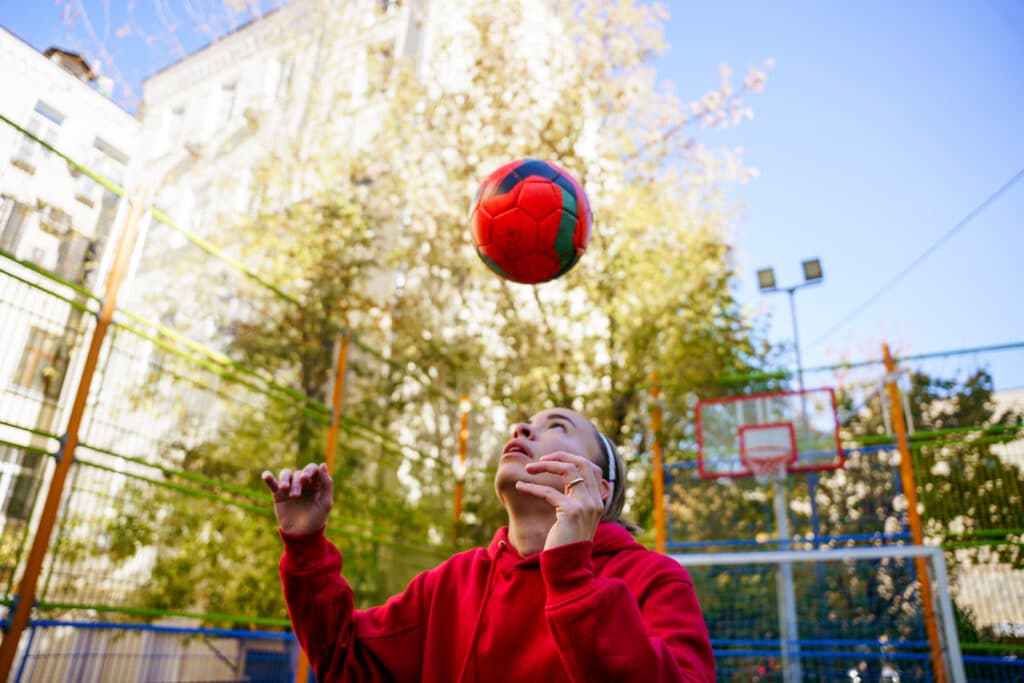ADHD has been a dominant part of my life since my school days. It’s something that I haven’t only learned to accept, but to celebrate. I am also a strategist.
Usually when I share these facts, I am met with confusion. ‘But doesn’t strategy require a lot of concentration?’, ‘You don’t seem hyperactive to me’ or ‘Wow, you don’t come across as someone with ADHD’. These are just some of the misconceptions and stereotypes that people with ADHD and other neurodiverse conditions face.
Conversations about ADHD usually focus on the struggles we face. We are impatient. We find it difficult to follow instructions. We lose things frequently. We don’t pay attention. We talk non-stop. I could go on. These discussions centre on what we can’t do because of our ADHD, instead of what it enables us to do. If we want to normalise neurodiversity, we need to change the narrative.
So my aim is not to talk about how people with ADHD can overcome their barriers to become great strategists, but why it’s our ADHD that makes us great strategists. Here’s why:
(At the risk of bolstering a stereotype, I wrote this article in the typical ADHD way – I got the idea at 11pm one evening, hyper-focused for two hours to write 80% of it, and then ignored the last 20% for a month.)
No1 The power of our hyperfocus
There is a myth that people with ADHD can’t focus; the truth is that it eludes us when we aren’t interested in a topic. When we are interested, we have a superpower called hyperfocus. Hyperfocus enables us to ‘lock on’ to a subject, task or activity, and give it our undivided attention. A challenging client brief is what ADHD-strategists live for. We obsess over the problem and don’t stop until we crack it.
No2 Resilience is our natural disposition
If like me, you grew up with ADHD in an educational environment tailored to neurotypical people, you were faced with tasks and instructions that were challenging – not intellectually or physically – but neurologically. Learning to survive in this environment, you have no choice but to get up and try again after every failure. Resilience is our natural disposition; it’s what we know.
Resilience is also something that every strategist needs. Strategy is subjective, however well-informed. It is your interpretation. Every time you share your ideas and point of view, you put yourself out there for (often highly subjective) critique and feedback. Rejection of your ideas can feel like failure – being able to pick it up and start again requires resilience. Those of us with ADHD have tonnes of it!
No3 Empathy – we feel and connect deeply
“People with ADHD often have a special feel for life, a way of seeing right into the heart of matters, while others have to reason their way along methodically.” Dr Hallowell, US psychiatrist and author of ADHD 2.0
ADHD individuals are often perceived as constantly fidgeting. Clinicians have found that this is linked to hypersensitivity of either sound, touch, or smell. This sensitivity is often also an emotional trait we have. Don’t mistake hypersensitivity for oversensitivity. Being hypersensitive doesn’t mean you are always close to crying; it means you are more in tune with people’s feelings.
Successful strategy requires empathy. The ability to empathise helps you to stand in the shoes of your target audience. Knowing what moves someone and how to bring them on a journey with you makes you a good storyteller, essential for landing your plan.
No4 We take more risks
We are often labelled as impulsive. I don’t like that word; it is dripping with negative connotations. Yes, ADHD individuals tend to be more spontaneous. When an idea forms in our heads, it forms fully. We can see the end, the successful outcome. So, we go full steam ahead!
At home, it might be frustrating for my partner when I get a late-night idea to rearrange furniture and insist that I won’t be able to sleep if we don’t do it right now, but this spontaneity is beneficial for a strategist. The best ideas are often more challenging to implement – many people see barriers and risks and don’t even suggest it. ADHD strategists on the other hand see the result. That’s what drives us to take the risk! You can’t do great, creative things without taking risks.
No5 We are not afraid to take on new and different things
We do get bored quickly. But this means we are always looking for something new to learn, do, take on. An ADHD strategist is not afraid to jump into all areas of advertising, take on a new client or get involved in new business (pitches are perfect for ADHD strategists – stimulating, urging you to take risks, high energy, and over before you get bored). Every day in the life of a strategist is different – this structure-liberal environment is one in which ADHD individuals thrive.
All that said, I’m not oblivious to the challenges we face, and I am a big advocate for using ADHD medication responsibly to help overcome them – but let’s celebrate our superpowers, instead of seeing them as barriers.
One of my favourite ADHD success stories is that of Gillian Lynne, the world-famous choreographer of Cats and Phantom of the Opera. When she was eight, her school wrote to her parents, telling them that they believed Gillian had a learning disability. It was the 1930s, so ADHD wasn’t yet a recognised condition, but Gillian displayed all the classic signs.
Gillian’s mother took her to a specialist. As she described her daughter’s ‘illness’ to the specialist, he stood up and switched on the radio. Gillian started moving her body to the music. The specialist turned to the mother and said, “Gillian isn’t sick. She’s a dancer.”
So to any neurodiverse individuals considering a career in advertising. You’re not distracted or sensitive or even strange, you’re a strategist!









